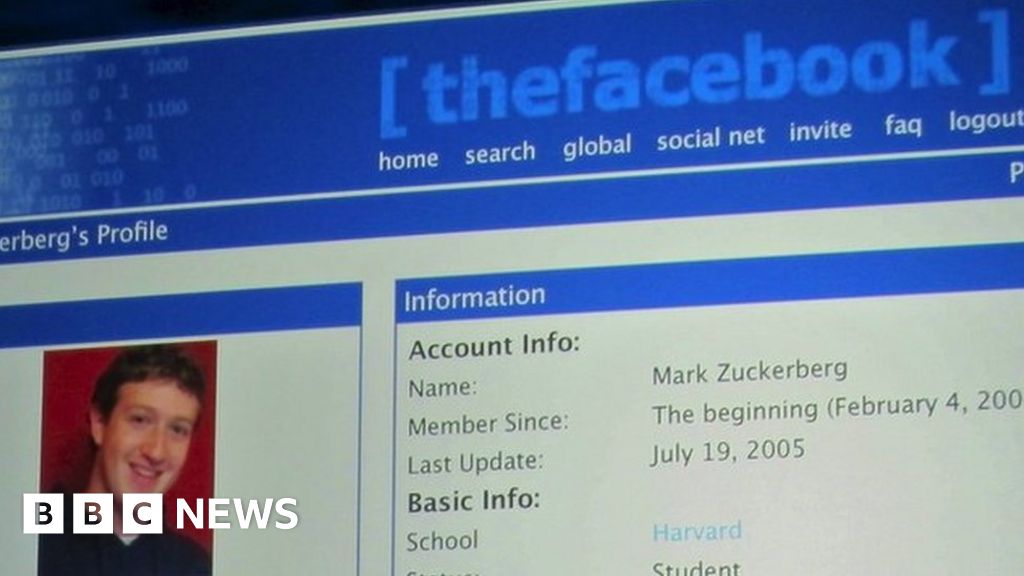- Negatively
And so on
why do people still use meta products? Facebook insta what’s app…
I have friends that all abandoned FB only to jump on insta and I am gobsmacked by that choice
Network effect? You want to be where your friends or other interesting people are. Even if it is a shitty place you just kinda end up there together.
Still using WhatsApp only, because I failed to convince people to switch to Signal (so far).
I’m still using WhatsApp as it’s so so okay with privacy still (messages should be end to end encrypted),it frankly works great and intuitive and the competition is frankly “meh”. The web app of whatsapp is frankly awesome though lately it’s been having weird issues with Firefox, thinking I’m running v60 or something and refusing to load for about an hour, then a reload suddenly makes it work. It’s weird, but beyond that, it’s awesome and I can’t live without.
Signal and telegram both lack a buttload of features, signal is barely functional and has many problems with basic usage
Believe you me, I’m an open source guy. I switched to Linux 25 years ago, and 20 years ago it was my only desktop. I almost exclusively use open source software where possible, and I’ll jump off telegram as soon as there is an open source version out there that can a) compete with WhatsApp in functionality and intuitively, and b) I need to be able to convince my social circle to use it.
Not using Whatsapp is basically shutting yourself out of the conversation with family and friends, at least with me. It’s not really an option. Vyber, signal, fb messenger, Instagram, it’s easy to go without those, but Whatsapp has become one of those social backbones of society. I absolutely hate the fact it’s owned by meta, but there is simply no getting around it afaik. It’s a pretty brilliant app to use too, so that helps. At least it doesn’t suck.
That UI is way better than the new one. Ironic
This is the best summary I could come up with:
Taking a digital camera on a night out, then tagging your friends in dozens of pictures was a staple of teenage life in the late noughties.
The most publicised case was the Cambridge Analytica scandal in 2014, which led to Facebook paying $725m to settle legal action due to a significant data breach.
For example, in the five months leading up to the US presidential election of 2020, incumbent President Donald Trump’s team spent more than $40m on Facebook adverts, according to Statista research.
Facebook has had a hand in changing grassroots politics too - by enabling disparate groups of users to gather, campaign and plan action on a global scale.
With the huge success of Facebook, Mark Zuckerberg built a social network and technology empire that remains unprecedented in terms of users and its consequent power.
In 2022, Meta was forced to sell GIF-maker Giphy at a loss after UK regulators blocked it from owning the service due to fears of over-dominance in the market.
The original article contains 980 words, the summary contains 166 words. Saved 83%. I’m a bot and I’m open source!
I was at a booklaunch last night of a memoir from the 90s…There was discussion over how social media would have changed the authors life - but actually I think that cyberbullying / influence of named social media will decrease as time goes on
One of Facebooks principals was “your real name, your real face” and that’s what’s held it back from staying relevant. It’s had to diversify into insta and whatsapp because people flock to semi-anonymous, easily-moved profiles because that’s what the internet always likes.
Marketing ruined the Internet. This wasn’t a problem before the eternal September.





